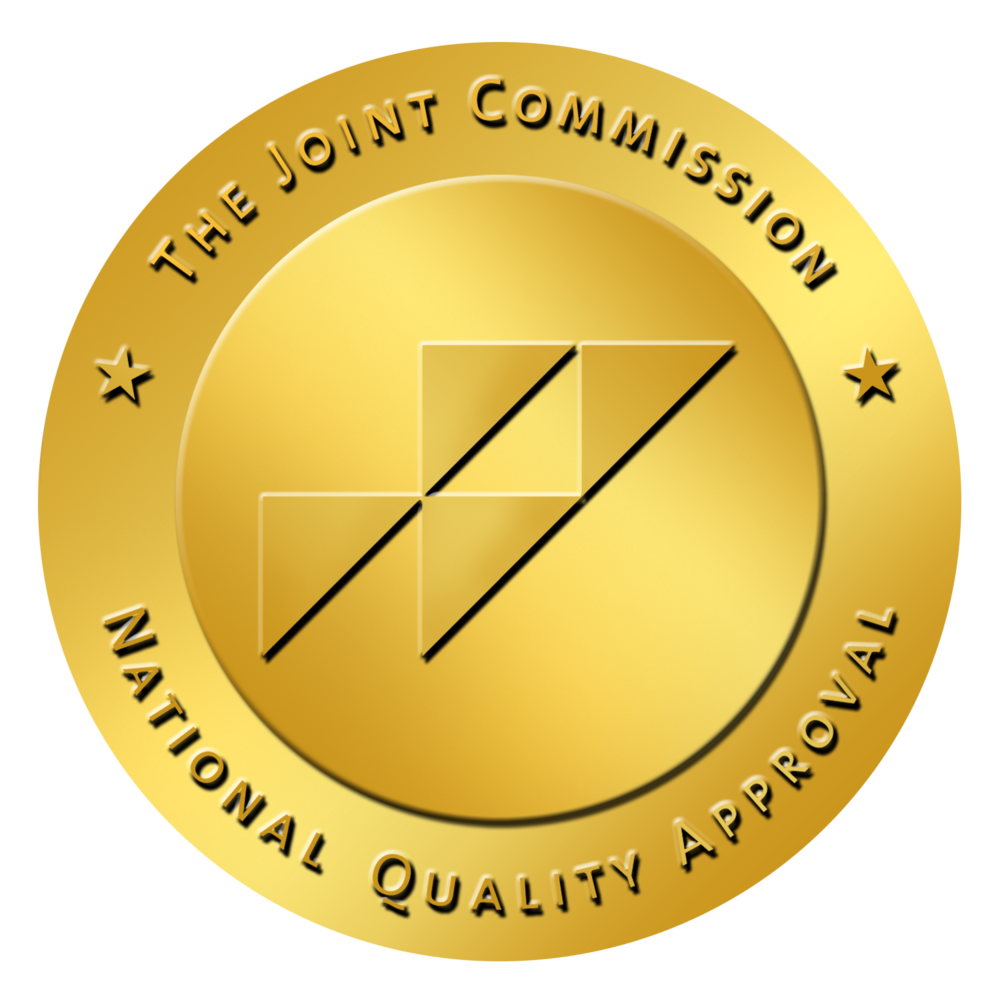Dance and movement therapy (DMT) is a therapeutic approach that integrates physical movement with psychological healing. By engaging the body as well as the mind, DMT helps individuals process emotions, reduce stress, and improve overall mental health. At Aliya Mental Health, dance and movement therapy is used as part of a holistic treatment plan to support recovery from mental health disorders, substance abuse, and emotional challenges.
What Is Dance and Movement Therapy?
Dance and movement therapy (DMT) is a body-centered therapy that uses expressive movement to explore feelings, improve emotional regulation, and foster personal growth. Unlike traditional talk therapy, DMT emphasizes non-verbal communication and somatic awareness, allowing patients to process experiences through physical expression.
This form of therapy is particularly effective for individuals who struggle to articulate emotions verbally or who benefit from connecting their mind and body in a therapeutic context.
How Does Dance and Movement Therapy Work?
DMT sessions are facilitated by a trained mental health professional who guides participants through structured movement exercises tailored to individual needs and goals. These sessions may include stretching, rhythmic movement, improvisational dance, or guided exercises that encourage emotional exploration and physical awareness.
Harnessing The Power of Non-Verbal Expression in Therapy
Non-verbal expression allows patients to process mental health symptoms, emotional trauma, and behavioral patterns without relying solely on words. Through somatic dance therapy, participants learn to recognize bodily sensations associated with stress, anxiety, or emotional tension and develop coping strategies that integrate mind and body.
What Are the Goals of Dance and Movement Therapy?
The primary goals of DMT include:
- Enhancing self-awareness and body awareness
- Improving emotional expression and regulation
- Reducing stress, anxiety, and depression
- Strengthening coping skills for long-term mental health management
- Fostering a positive mind-body connection
- Supporting recovery from substance use disorders and eating disorders
What to Expect in DMT Sessions
During a typical dance and movement therapy session, participants can expect:
- A warm-up period to connect with their body and increase comfort
- Guided or improvisational movement exercises led by a licensed therapist
- Opportunities for reflection and discussion about the emotional experience of movement
- Integration of insights into personal recovery goals or treatment plans
Sessions are tailored to each individual’s abilities and therapeutic needs, creating a safe and supportive environment for expression.
What Does Movement and Dance Therapy Help With?
Dance and movement therapy supports treatment for a variety of mental health conditions, including:
- Anxiety and depression
- Trauma-related disorders
- PTSD and complex PTSD
- Substance abuse and addiction
- Eating disorders
- Body image issues
- Stress management and emotional regulation challenges
By combining physical activity with emotional processing, DMT promotes both mental and physical wellness.
What Are the Benefits of Dance and Movement Therapy?
The benefits of DMT are broad, addressing emotional, physical, and social aspects of well-being:
- Emotional benefits: Increased self-expression, mood improvement, and enhanced coping skills
- Physical benefits: Improved body awareness, posture, coordination, and fitness
- Cognitive benefits: Enhanced mindfulness, focus, and emotional regulation
- Social benefits: Opportunities to build trust, connect with others, and improve communication skills
How Effective is Movement and Dance Therapy?
Research shows that movement and dance therapy can significantly reduce symptoms of anxiety, depression, and trauma-related disorders. It is most effective when used alongside traditional therapies like cognitive behavioral therapy (CBT) or group counseling, offering a holistic, mind-body approach to mental health care.
Can Moving and Dancing in Therapy Help Me?
Yes. Whether you are recovering from mental illness, substance abuse, or emotional trauma, DMT can help you process emotions safely, improve body awareness, and develop tools for long-term mental wellness.
Tips for Successful Movement and Dance Therapy
- Wear comfortable clothing that allows freedom of movement
- Approach sessions with openness and curiosity
- Focus on your own experience, rather than comparing with others
- Practice mindful breathing before, during, and after sessions
- Integrate insights from movement into daily life for continued growth
Does Insurance Cover DMT?
Coverage for dance and movement therapy varies depending on your insurance plan. At Aliya Mental Health, we work with patients to verify benefits and explore coverage options for therapy for mental health. Many patients use insurance for integrated treatment plans that include DMT alongside counseling, experiential therapy, and other holistic services.
Healing From Mental Illness with Movement
Discover the healing power of dance movement and the transformative effects of dance-movement therapy (DMT). Through body movement, you can learn to express and communicate emotions that words alone may not capture. A licensed dance-movement therapist uses both verbal and nonverbal approaches, along with specialized assessment tools, to guide you through a dance-movement therapy program designed to support mental health. Whether you are facing post-traumatic stress disorders, other stress disorders, or simply seeking growth through creative arts and arts therapy, DMT provides a safe space for healing and connection. Take the first step toward balance and resilience—explore how dance-movement therapy can help you today.
Dance and movement therapy offers a unique path to mental health recovery by combining physical activity with emotional processing. At Aliya Mental Health, our DMT programs help patients connect mind and body, improve emotional regulation, and support long-term wellness.
If you are seeking a holistic therapy for mental health, call Aliya Mental Health today or fill out our secure contact form to learn more about dance and movement therapy programs.






